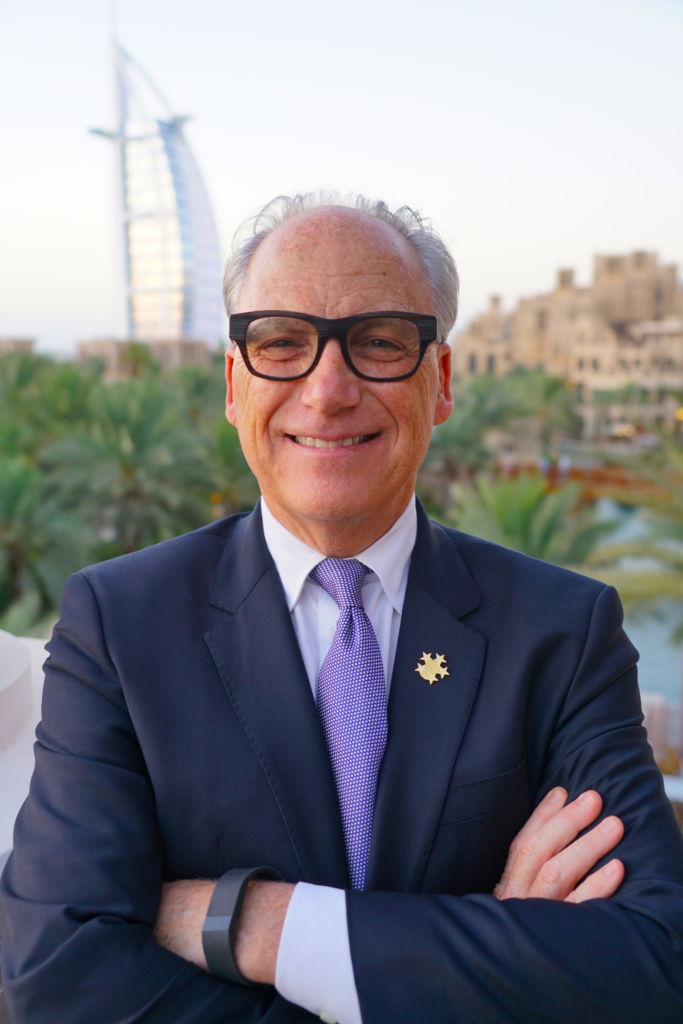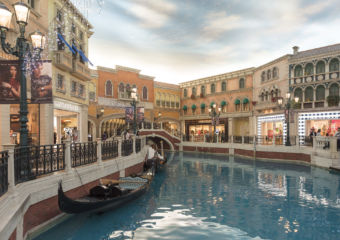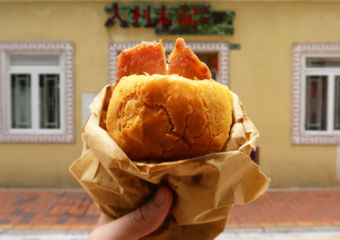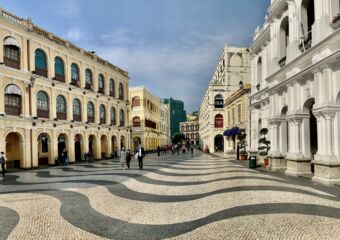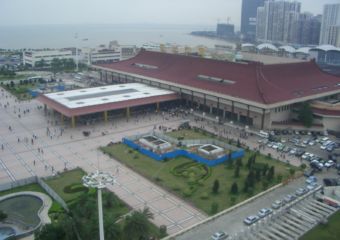As the global authority in luxury travel, Forbes Travel Guide needs no introduction and the CEO, Gerard J. Inzerillo shouldn’t need much introducing either for those in the know. Jerry, as he is known by most in the business, is a visionary recognized for his trademark innovation and his extensive network of contacts in tourism, hospitality, entertainment, and business, cultivated during his four decades as a manager and executive in the hospitality and entertainment industries. During his storied career, he has developed some of the world’s most famous and successful lifestyle brands in tourism and entertainment. As CEO of Forbes Travel Guide since May 2014, he has successfully led the company from its North American origins to the most trusted and respected recognition of service excellence worldwide. Forbes Travel Guide evaluates more than 2,000 of the world’s finest properties, some of which are in Macau.
We caught up with him to chat about Macau, and to see how future trends, technology, and sustainability will impact the hospitality industry.
Can you tell us about yourself and what a typical day is like as the CEO of Forbes Travel Guide?
There is no typical day, which is why I love this role so much. I travel extensively, which is my passion, and I enjoy meeting the wonderful leaders of the properties we represent and their inspirational staff. I am grateful to be continually invited to speak at various luxury hospitality events as well as other tourism-related engagements around the world. In any one week, it would not be unusual for me to be on an overnight flight from New York to Paris, spend a few days in some European cities, such as Monaco or Geneva, and then be on to the Middle East for some meetings. Then I would take an overnight flight to Macau before heading back to New York to do some paperwork in the office over the weekend.
What do you see as the growing trends in Luxury hospitality in Asia?
One of the biggest luxury hospitality trends is a continual focus on family travel, especially as hotels renovate and new properties open. Villas — perhaps with some private facilities, such as a pool or access to a private chef, yet with all the conveniences of the main hotel or resort — are a growing need, as they can accommodate multi-generational guests simultaneously. We are also seeing unique activities categorized into adventure, art and culture, beach, foodie, and Instagram-friendly. People are seeking out these personalized experiences rather than tourism for the masses.
Based on your experience, have guest expectations and demands changed with the rise of mobile technology? And therefore, are these a contributing factor taken into account for the ranking of a luxury hotel?
I think the demand for instant gratification has grown and the demand for higher levels of efficiency has certainly risen, given how much more we all travel now for our respective livings. We are an ever-increasing global community, and the more time we are away from our families the more emphasis is placed on quality time when we have it. Time is precious. So to see hotels recognizing this lifestyle shift and adapting to it — whether that be the ability to make a reservation quicker and control that booking more effectively via an app, to pre-ordering a meal from the car service on the way to the hotel — this makes the difference in a guest’s expectation of luxury.
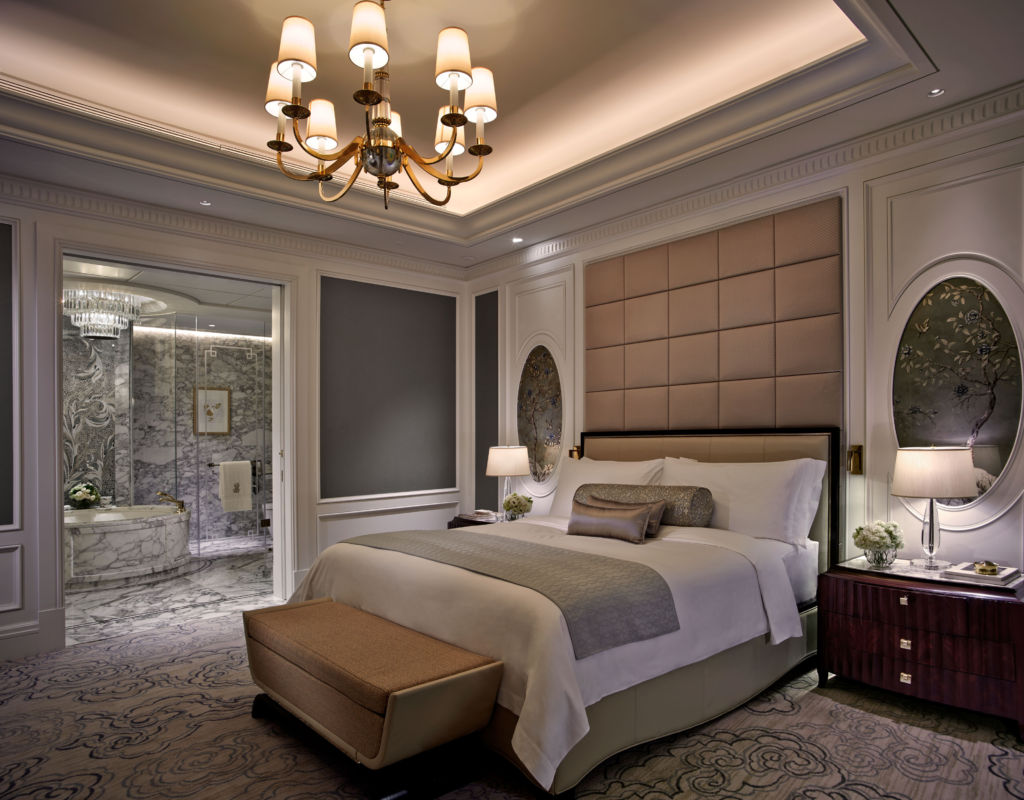
The Ritz-Carlton, Macau
Sustainability is an important trend now, how are you seeing the intersection of luxury and wellness tourism as more and more guests become concerned about a hotels’ social and environmental impact?
Yes, guests have a vested interest in sustainability when they travel, and they want to be able to make smart choices — though it is not something they should have to over-think. There are so many ways we see properties respecting the environment, and while some are obvious to the guest — for example, a recycling trash can in your room or a smart temperature-control system that automatically adjusts the temperature when you leave and return to your accommodations — many are behind the scenes. The guest may not see the in-house composting that takes place or the water recycling system.
How would you describe Macau in 3 words?
Innovative, glamorous, fun.
How can Macau continue to develop its image in the world as a place for luxury tourism?
We have no doubt we will see Macau develop itself further and continue to lead the way in quality and service, particularly at the luxury level. Macau and its business leaders have a distinct commitment when it comes to service — Macau never settles; good can be better, better can be perfected and then perfection evolves. So what we expect to see out of Macau now is a way to sustain what they have built and continue to attract the best and brightest in the industry to ensure the growth of tourism, in general, remains strong.
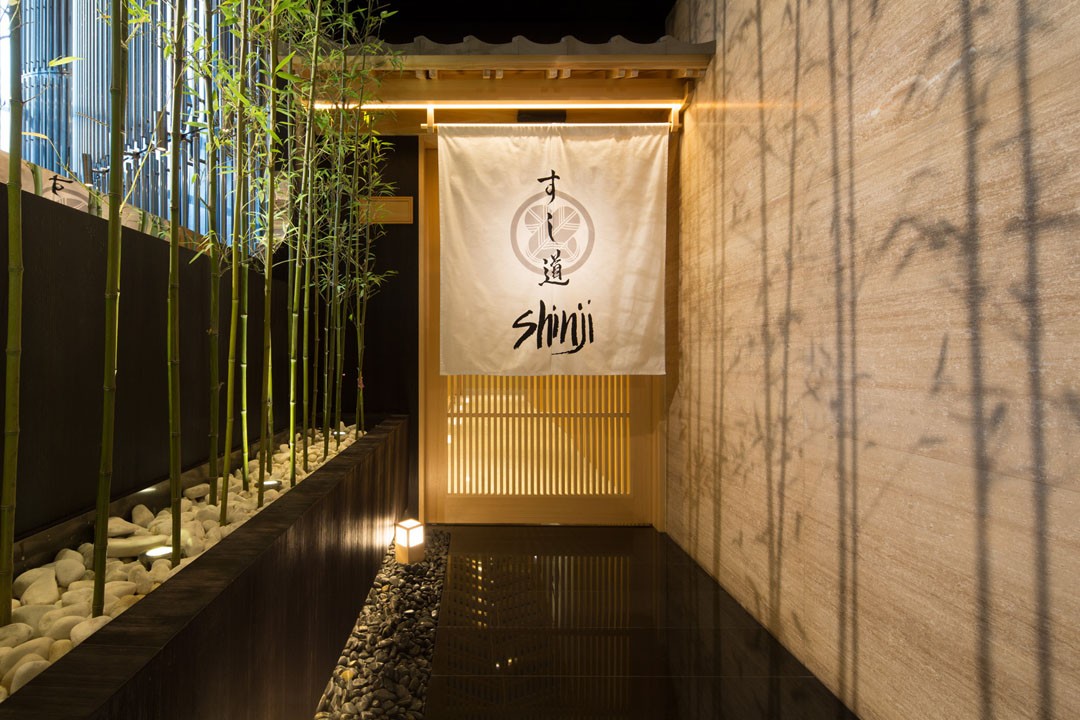
Shinji by Kanesaka, Macau
What’s the best hotel you’ve stayed at in Asia and why?
There are too many wonderful hotels to name in Asia. You can find the best of the best on Forbes Travel Guide. Also, Forbes Travel Guide will unveil its first Verified List featuring the most luxurious hotels in the world in September. I suspect some properties in Asia will appear on the Verified List.
How do you think luxury travel might evolve over the next five years?
We are already starting to see the evolution of luxury experience travel, and now we are beginning to see a wider acceptance of solo travel. Not so long ago, dining or traveling alone was often an uncomfortable experience — ask any of our inspectors! But, now we see a shift in the offerings available. And with the evolution of the luxury cruise world, eco-tourism and adventure travel, a greater number of people are able to travel alone or solo in small groups with more choice at the luxury level than ever before.
Find out more about Forbes and check out their Travel Guide Listings here: Forbes Travel Guide
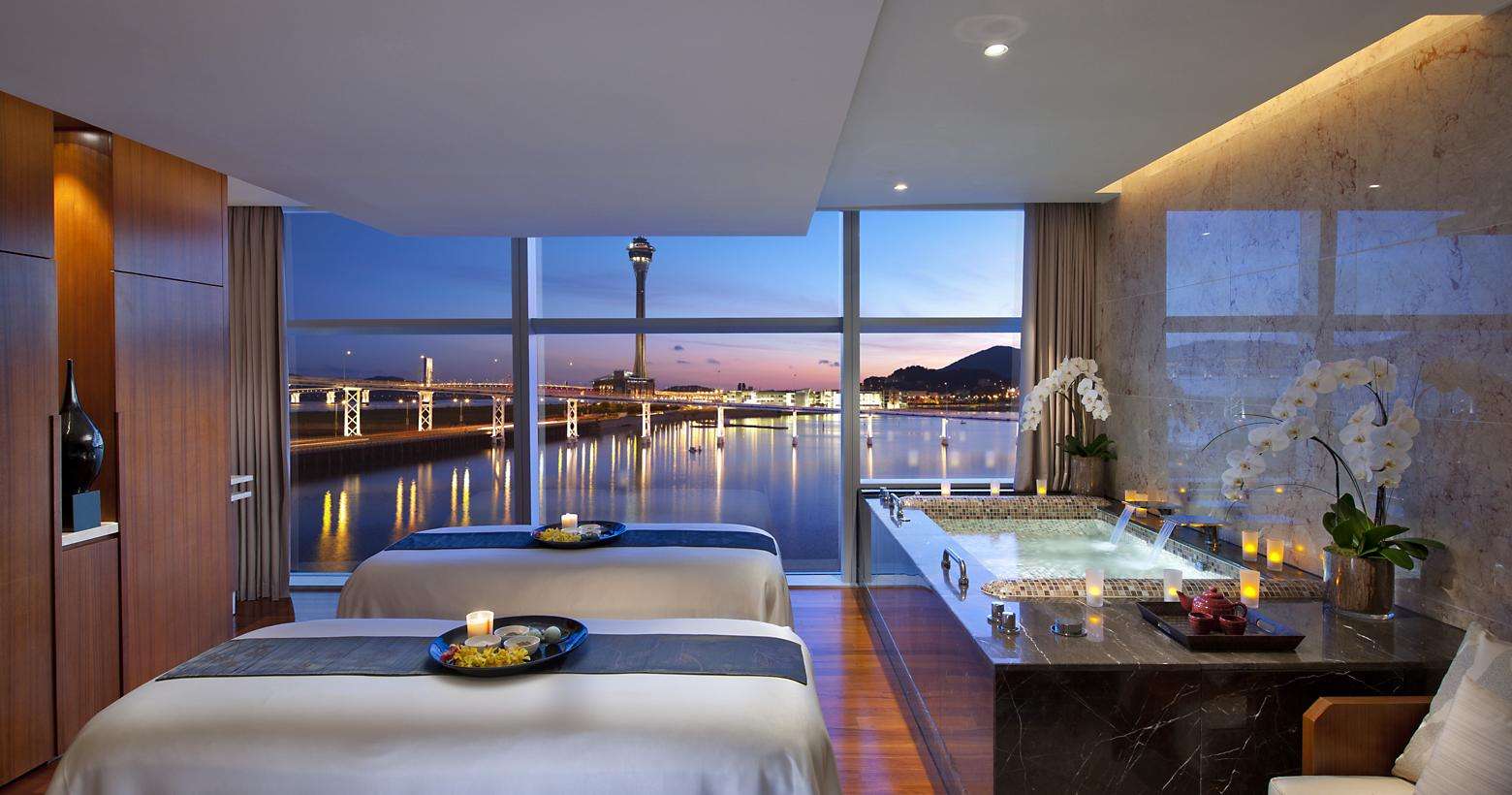
Spa at Mandarin Oriental, Macau

